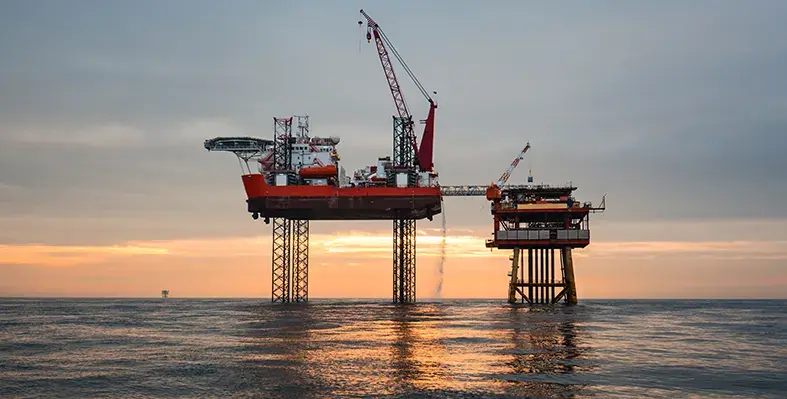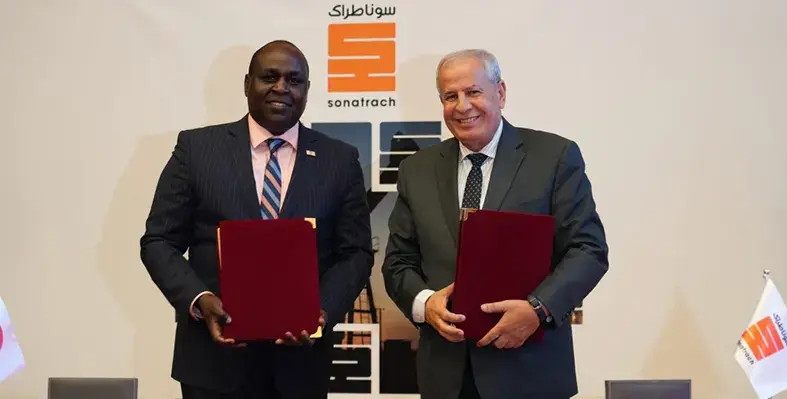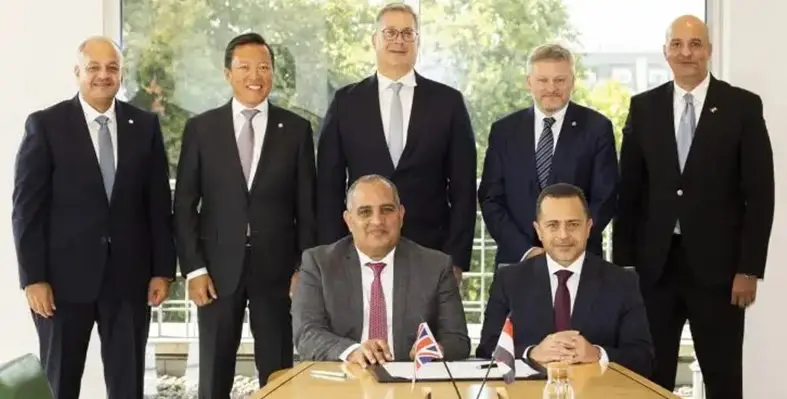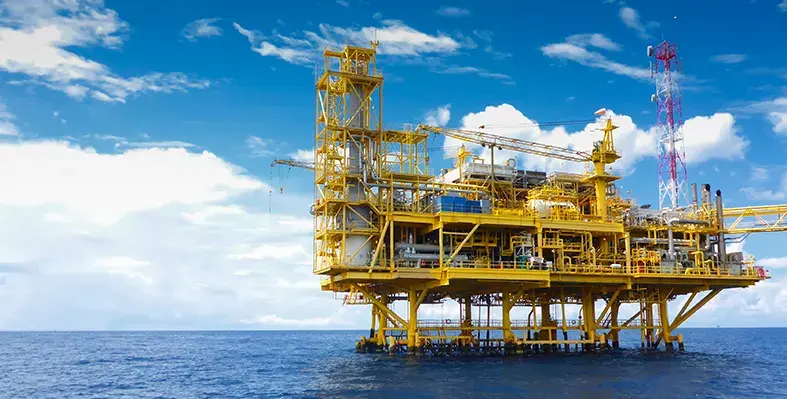Galp has joined Sao Tome and Príncipe’s Block 4 with the acquisition of a 27.5% stake in line with a farm-in agreement with KE STP Company BV (Shell affiliate)
This development has given way to a joint venture with Shell (30%, Operator), Petrobras (27.5%) and ANP-STP (15%).
This acquisition marks an important expansion for Galp, solidifying the company's prospects with stake on an early-stage exploration block through a limited financial commitment.
Galp currently holds interests in three offshore exploration blocks in the Muni River Basin, located in ultra-deep waters off STP, where it has been present since 2015. Galp is the operator of Block 6, where it holds a 45% interest alongside Shell (45%) and the national oil company ANP-STP (10%).
In 2022, Galp drilled São Tomé’s first offshore exploration well, Jaca-1. While no commercially viable accumulations were discovered, Jaca-1 revealed the presence of an active petroleum system that was thoroughly sampled and studied.
In addition to Block 6, Galp also holds a 41,2% operating position in Block 12, in partnership with Equator and ANP-STP, and a 20%-stake in Block 11, operated by Shell, with Petrobras and ANP-STP as partners.
Over the years, Galp and its partners have carried out extensive seismic campaigns and geological studies across these blocks to evaluate the region’s hydrocarbon potential. While exploration remains at an early stage, Galp’s entry in Block 4 demonstrates its long-term commitment towards the development of the country’s offshore resources.












